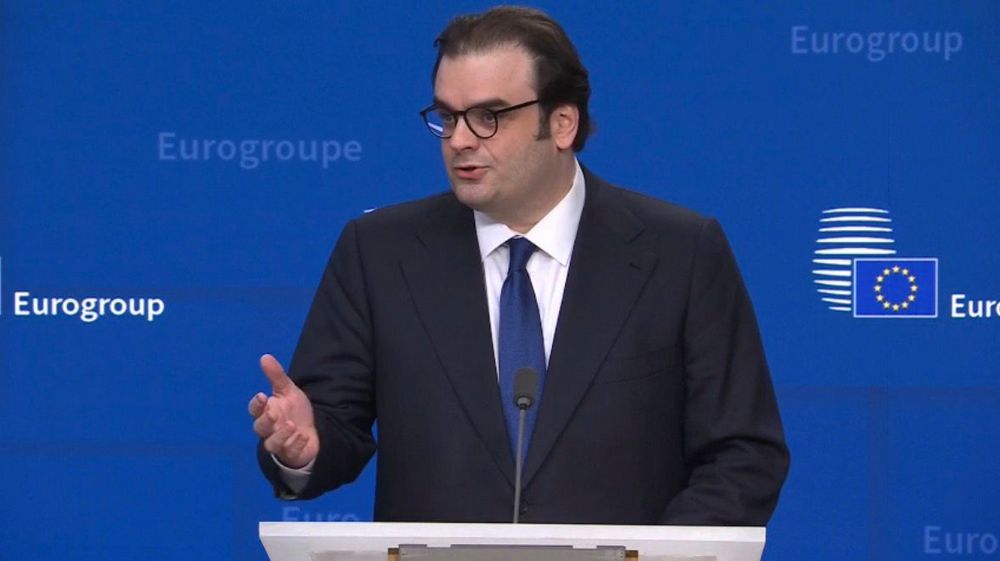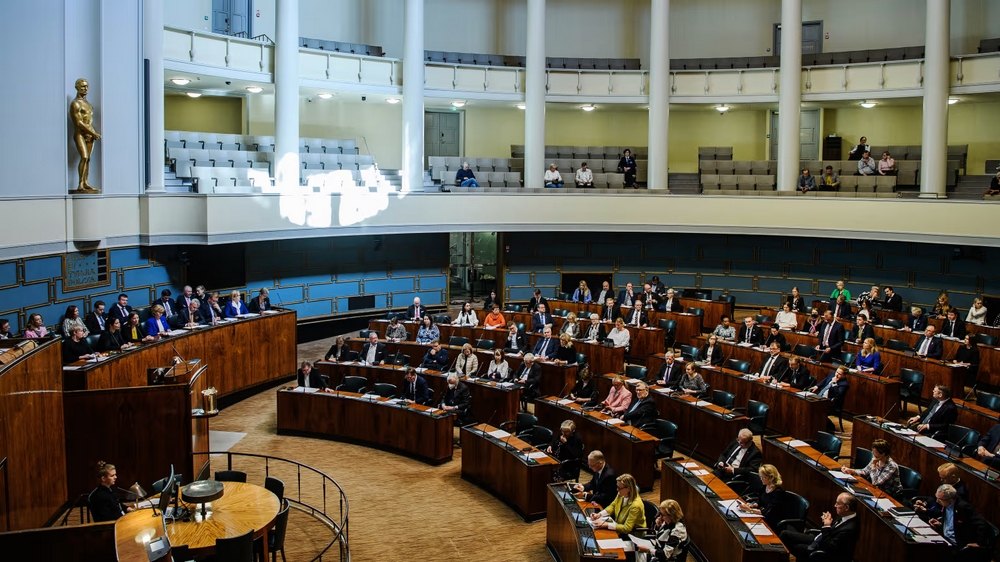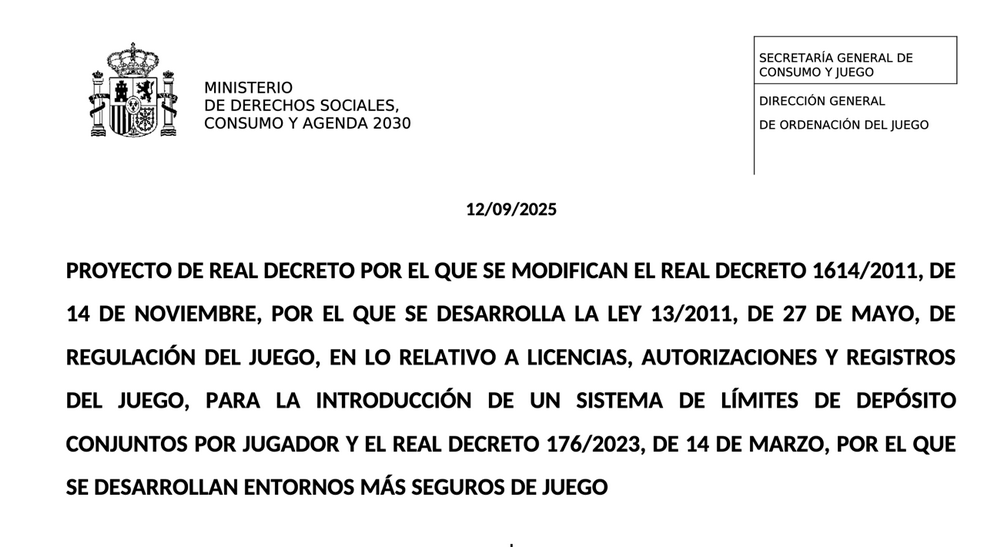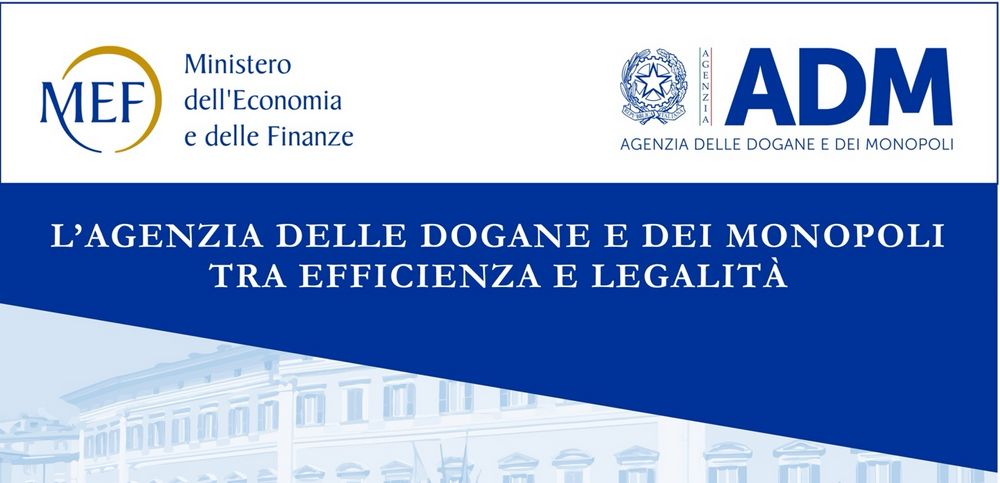Tallinn, Estonia — In October 2025, the Estonian Tax and Customs Board recently declined a major online gambling license application, highlighting the country’s increasingly stringent licensing requirements. Estonia enforces a rigorous two-tier licensing process that mandates obtaining an activity permit within six months and an operating permit within four months after submission. Operators must comply with minimum share capital requirements up to €1,000,000 and implement robust anti-money laundering (AML) frameworks. The nation’s gambling tax rate is set at 6% of gross gaming revenue in 2025, supporting an evolving market valued at over €390 million.
Estonia targets “gambling paradise” status to rival Malta with new tax proposal
Finance Minister Keit Pentus-Rosimannus emphasized the government’s firm resolve, stating that the Estonian government “remains committed to upholding the integrity of our licensing process, ensuring only fully compliant and transparent operators enter our market.” Her remarks underscore Estonia’s focus on regulatory rigor to maintain sector credibility and market trust.

The Gambling Act, Estonia’s principal regulatory framework, demands strict compliance for licensure, including comprehensive background checks, robust AML policies, and technical validation of gaming systems. License refusals typically arise from unmet capital thresholds, incomplete documentation, or failure to adhere to EU AML standards.
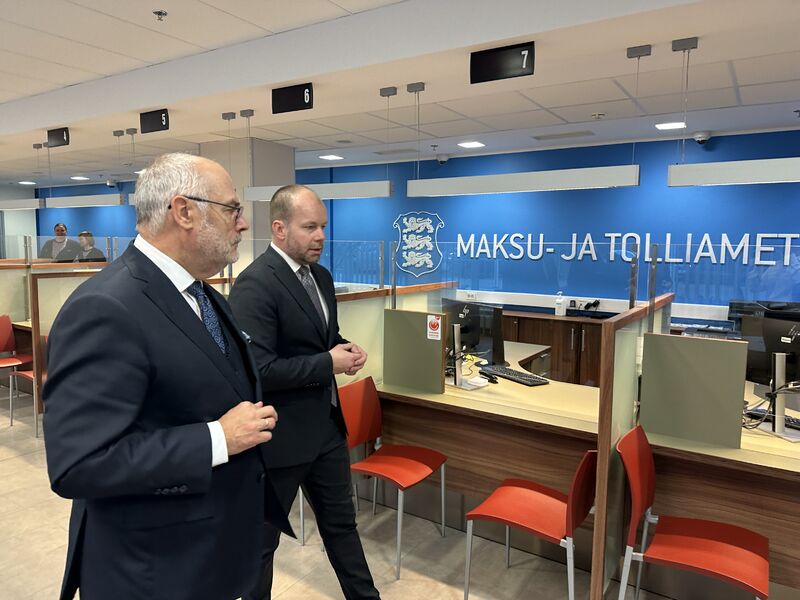
The Estonian Tax and Customs Board exercises full authority to deny or revoke licenses as necessary to protect consumers and preserve regulatory integrity.
This recent refusal signals heightened regulatory scrutiny, which may influence market operators' strategies and investment decisions. While Estonia’s strict approach could discourage borderline applicants, it is likely to bolster cross-border confidence among compliant operators. Economically, this may slow certain market entrants but foster sustainable growth by elevating industry standards over time.











